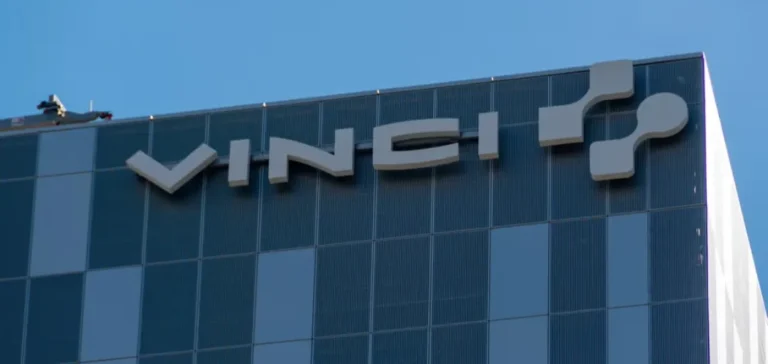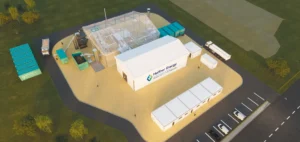The French group VINCI, through its subsidiaries specialising in industry and energy, has secured the contract for electrical, piping and industrial mechanical works for a new second-generation biorefinery in Spain. Located in Palos de la Frontera, in the province of Huelva, this facility represents a total investment of €1.2bn ($1.31bn). The site was awarded by Moeve and Apical to Grupo Cobra and Masa, both subsidiaries of Cobra IS.
A major project for the Spanish sector
This plant is notable for its annual production capacity, which will reach 500,000 tonnes of sustainable fuels. It will mainly produce sustainable aviation fuel (SAF) as well as renewable diesel HVO100. The raw materials used will be sourced from agricultural waste and used cooking oils, contributing to the diversification of the country’s energy supply.
The facilities will benefit from a strategic location near the La Rábida energy park, owned by Moeve. This proximity will help reinforce industrial and logistical synergies, making it easier to integrate the new equipment within the existing energy network.
Advanced technologies and emissions reduction
The plant will incorporate advanced technologies designed to limit environmental impact. It will operate exclusively with reclaimed water and will reduce carbon dioxide emissions by 75% compared to conventional installations, thus preventing the emission of nearly 3 mn tonnes of CO2 per year. The stated objective is to meet the growing demand for alternative fuels in the transport sector, particularly in aviation and road logistics.
The construction of this site is part of an ongoing wave of industrial investment in Spain, where VINCI recorded a turnover of €3.8bn ($4.13bn) in 2024. Of this amount, €3.2bn came from Cobra IS, €0.3bn from VINCI Energies and €0.3bn from VINCI Construction.
Industrial outlook and market dynamics
The launch of this plant confirms Spain’s growing role in the renewable energy and clean fuels sector at the European level. According to project leaders, this infrastructure will support the development of new markets and strengthen supply chains in a context marked by strong demand for industrial solutions for decarbonised mobility.
The deployment of this production unit comes at a time when industrial players are seeking to anticipate regulatory requirements and secure their competitiveness in the biofuels market. All partners involved in this project aim to address these challenges through the industrialisation of innovative processes and the valorisation of local resources.






















